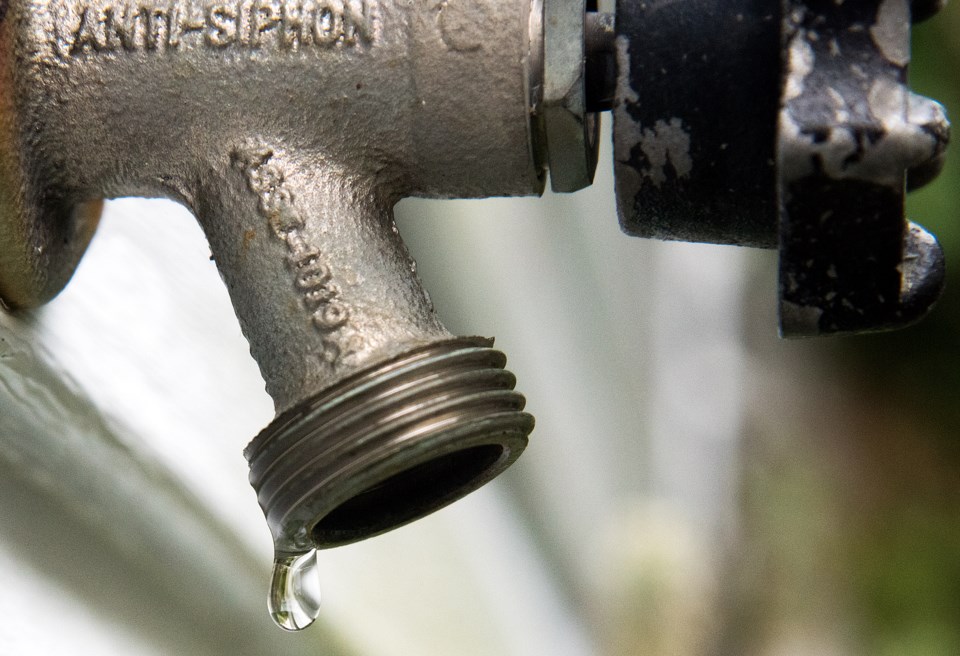COLD LAKE – During the last Corporate Priorities meeting, City of Cold Lake administration sought feedback and direction from council to determine the municipality’s vision and expected outcomes for water curtailment and conservation.
The March 19 meeting started with a briefing of a letter that was discussed at a Jan. 16 Corporate Priorities meeting from Minister of Alberta Environment and Protected Areas (AEPA) Rebecca Schulz, highlighting the significant drought conditions in Alberta and the government's current position at Stage 4 of its water management plan.
The conditions have prompted the need for municipalities to develop water shortage plans to address potential decreases in water availability.
City of Cold Lake CAO Kevin Nagoya emphasized the importance of readiness for possible water shortages, especially with the impending dry season.
"So, the item in front for us is actually a result of a letter received from the Minister of Environment and Protective Areas... All of the municipalities were advised to develop a shortage plan.”
Nagoya detailed the development of an updated Water Demand Policy 236-OP-24 and a Water Shortage Response Plan (WRSP) aimed at guiding water demand management during shortage events.
"The policy itself provides the legislative tools for the municipality to implement these different stages," he explained.
The new policy and plan aim to ensure there is an adequate water supply, while prioritizing public health and safety. The policy includes four stages of response: advisory, volunteer, mandatory, and emergency rationing stages - each with specific measures to curtail water demand as needed.
Coun. Chris Vining supported the notion of voluntary restrictions.
"Even if we were starting to see that we were in a little bit of a pinch, I think just going to some voluntary water restriction, just asking people to watch how much water they're using and stuff [would be a benefit.]"
Coun. Vicki Levebvre echoed similar sentiments about maintaining current policies and focusing on voluntary initiatives rather than immediate alternatives. She said, "I would rather just leave everything as it is, but I wouldn't want to worry [residents] by any means that we have to look at some alternatives right away."
Mayor Craig Copeland emphasized the importance of prudent messaging regarding water conservation efforts.
"I would want to be careful with the messaging. My advice to the council would be to be careful on the messaging because we're not really in a shortage of water.”
Council concluded the discussion with Nagoya recommending that they ratify the policy for water usage under emergency conditions.
"We're hearing that council would like to do some restriction education, [and] that's kind of a separate conversation,” said Nagoya.
“Let's say the minister did say that you have to cut your water usage... Those are the strategies that are there.”
The CAO recommended council ratify the policy. Council agreed to the recommendation.



